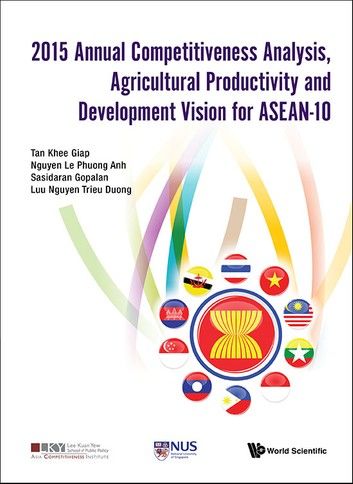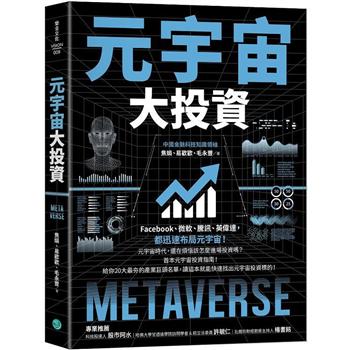| FindBook |
有 1 項符合
2015 Annual Competitiveness Analysis, Agricultural Productivity and Development Vision for ASEAN-10的圖書 |
 |
2015 Annual Competitiveness Analysis, Agricultural Productivity And Development Vision For Asean-10 作者:Khee Giap Tan,Le Phuong Anh Nguyen,Sasidaran Gopalan,Trieu Duong Luu Nguyen 出版社:World Scientific Publishing Company 出版日期:2016-11-22 語言:英文 |
| 圖書館借閱 |
| 國家圖書館 | 全國圖書書目資訊網 | 國立公共資訊圖書館 | 電子書服務平台 | MetaCat 跨館整合查詢 |
| 臺北市立圖書館 | 新北市立圖書館 | 基隆市公共圖書館 | 桃園市立圖書館 | 新竹縣公共圖書館 |
| 苗栗縣立圖書館 | 臺中市立圖書館 | 彰化縣公共圖書館 | 南投縣文化局 | 雲林縣公共圖書館 |
| 嘉義縣圖書館 | 臺南市立圖書館 | 高雄市立圖書館 | 屏東縣公共圖書館 | 宜蘭縣公共圖書館 |
| 花蓮縣文化局 | 臺東縣文化處 |
|
|
In the tradition of the Asia Competitiveness Institute (ACI) at the Lee Kuan Yew School of Public Policy, National University of Singapore (NUS), our research publications make a distinctive contribution to the understanding of economic development in Asia by evaluating and tracking competitiveness for the ten ASEAN member states annually since 2000 through combining leading-edge methodologies with an extensive dataset. In this third edition, the competitiveness ranking and simulation study for ASEAN-10 are improved and updated with 121 indicators across four environments. An in-depth assessment of the establishment of the ASEAN Economic Community (AEC) offers important implications for future integration initiatives in the broader Asia Pacific region. Novel empirical frameworks are also applied to provide an estimation of annual agricultural Total Factor Productivity (TFP) growth in eight ASEAN economies and to shed light on the drivers of growth in the travel and tourism industry in Malaysia, Singapore and Thailand.
Contents:
- The ASEAN Economic Community by 2016?
- 2015 Update on Annual Competitiveness Analysis for ASEAN-10
- How Productive is the Agricultural Sector in ASEAN?
- Drivers of Growth in the Travel and Tourism Industry in Malaysia, Thailand and Singapore: A Geweke Causality Analysis
- Concluding Remarks and Future Research Agenda
Readership: Researchers and advance graduates studying ASEAN developmental economics.Key Features:
- Existing global competitiveness rankings such as the World Competitiveness Yearbook by the IMD World Competitiveness Centre and the World Economic Forum's Global Competitiveness Report are like beauty contests; they merely identify who are doing well and who are facing challenges, but stop short of giving more constructive advice on improving the rankings. The ACI's competitiveness framework goes one step further by tackling the 'so what' question. What is the policy implication of a competitiveness ranking result for a particular economy? Under this overarching framework, ACI combines leading-edge research methodologies with extensive data collection efforts to evaluate and track economic competitiveness for the ASEAN-10 economies since 2000
- ACI applies novel empirical methodologies to examine various pertinent economic issues which are of paramount importance to the region's development trajectory
- ACI offers an in-depth assessment as to whether the formation of the ASEAN Economic Community can be completed by the end of 2016, in light of the challenges encountered in the last final mile with only about 80 percent of the stipulated requirements implemented by the formal launch on 31st December 2015
|











